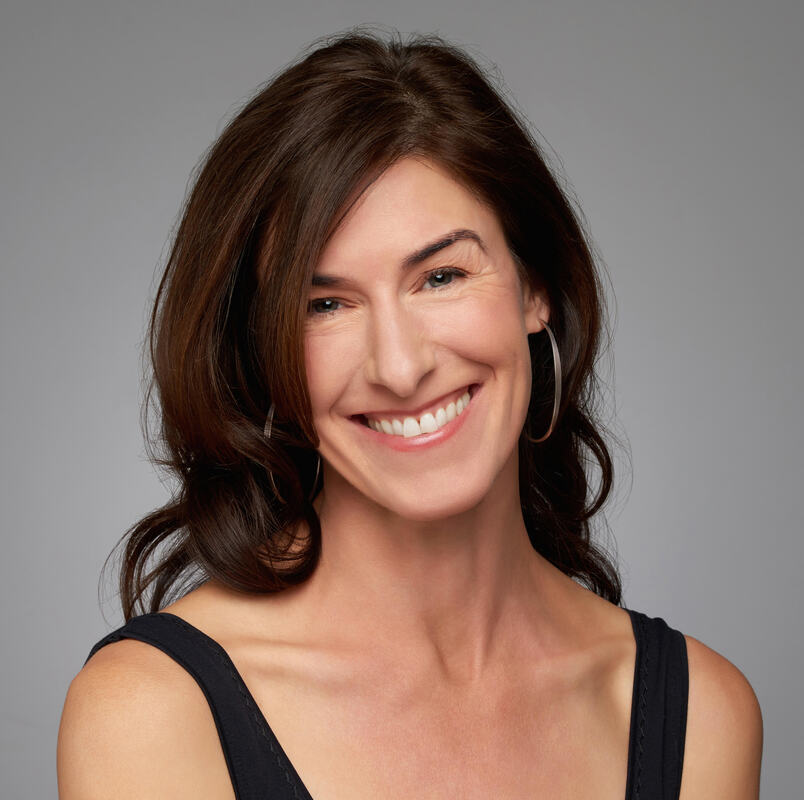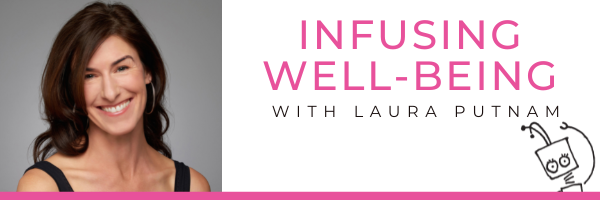|
Photo by Edwin Andrade on Unsplash. Every week, I receive inquiries from people asking me about how to become a paid speaker. They note that they are “passionate” about speaking. Often, they’ve gotten their feet wet with a few engagements – enough to “catch the bug.” Now, they want more – a lot more. “I’m just starting out,” they tell me, “and I really like it. How can I do more of it?” They often note, “Your work sounds interesting. Can you share how you got started?” What I observe as I unspool all of the threads that have led to where I am now, is that I can literally “see” their eyes glazing over. The truth is that becoming and sustaining work as a paid speaker is hard work. Period. On top of that, there is no sure path to becoming one, especially a highly sought-after and well-paid one. That said, here are some things that I’ve learned along the way as I have steadily built up a speaking career over time: 1. Start speaking for free. Unless you’ve got celebrity status or you’re a world-renowned expert, you’re probably going to have to start out for free. This means digging for every possible opportunity to get on a stage (even if it’s a small one) to just get your voice out there. Here’s a short list of opportunities you can explore:
2. Leverage these free speaking engagements. Take pictures, hire a videographer (or ask a friend) to shoot video of you speaking. If the talk went well, ask the organizer to write a testimonial. In other words, build the “proof” that you’re a good speaker, so that others will want to hire you as one. You can also ask the organizer for recommendations and ideas for additional speaking opportunities. 3. Your expertise or your unique story is your edge. Clarify yours. Shawn Achor is known for happiness. Brene Brown is known for vulnerability. What’s yours going to be? 4. Build your platform. Posting on social media is a lot of work, but it is a great way to build your platform. Sometimes it’s helpful to just focus on one or two platforms. For example, Liz Kimball, rising influencer, has focused just on Instagram. 5. Do a lot of whatever you do well. If you like writing, then do lots of it. Start a blog. Write articles on LinkedIn. Seth Godin, marketing guru, got his start as a blogger. If you’re like me and you prefer speaking over writing, then do as much speaking as you possibly can. 6. Figure out what to charge. After you start breaking out of the free zone, then you’ll need to know what to charge. Not easy. When it comes to speaking, there is a crazy range. Basically, anywhere from zero to over 250K for one talk (not kidding). So, where to begin if you’re asked what your speaker fee is? You can just ask: “What’s your budget?” But, if you want some general guidelines, consider these, as suggested by Dorrie Clark in her HBR article “How Much Should You Charge for a Speech?”:
With every potential speaking engagement, these ranges are only marginally helpful. The range depends a lot on the field you’re in. If you’re in wellness (as I am), then the speaker fees are generally lower. Grrrr. If you've been asked to deliver a lunch n' learn (something I did a lot of when I was getting started), you'll be lucky if you get $500. If you've been asked by a nonprofit organization, then you'll likely get pushed to accept a lower fee. As your demand goes up, then you can start to increase your speaker fee - even with nonprofits. A good practice is to keep track of the number of inquiries that come in (and the number that actually get booked). If you’re booking a lot, then you can definitely hike up your fee. 7. When you do get the opportunity, do it well. So, you've finally gotten the ask. How do you make the most of it? Engage your listeners. Think less about what you're going to say - and more about how it will be received by the attendees. I study other speakers and an earlier article of mine sums up some of the best practices I've observed over the years. See 10 Tips to Engage Your Audience. 8. Persevere. You have to keep trying and trying. Really. I often think about Thomas Edison who once said: “Opportunity is missed by most people because it is dressed in overalls and looks like work.” Need I say more? There is no one way to becoming a speaker. The hardest part will be finding your own unique path – and sticking to it. Eventually, this will pay off. Before long, aspirational speakers will be asking you for advice on how to get started.
1 Comment
7/31/2023 07:59:57 am
It's interesting to learn that a professioanl speaker must engage with their audience. I think my mom's looking for a speaker to teach her teams about security in a few months. She's putting together a short company retreat, so I'll share your insight about what makes a speaker the best one.
Reply
Leave a Reply. |
Follow laura on social:Website by Brand Genie
|
join laura's monthly newsletter
|




